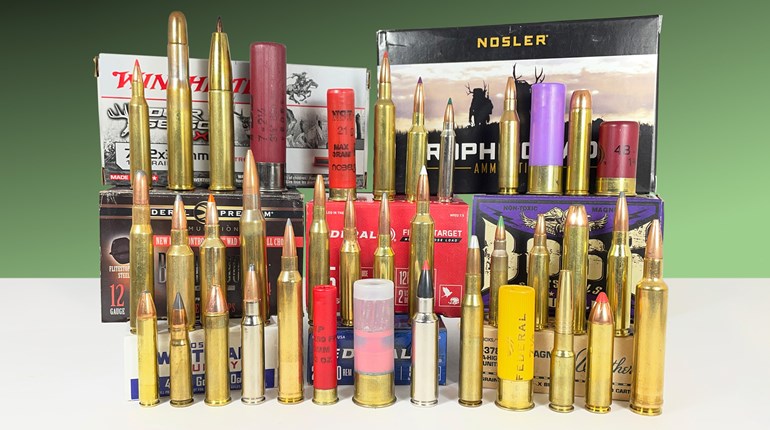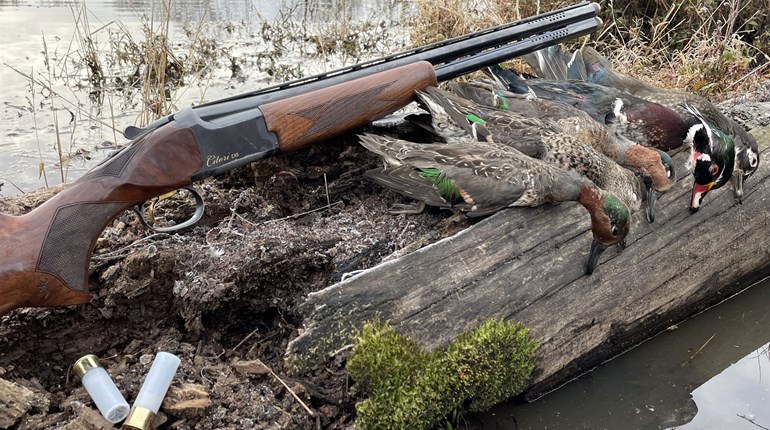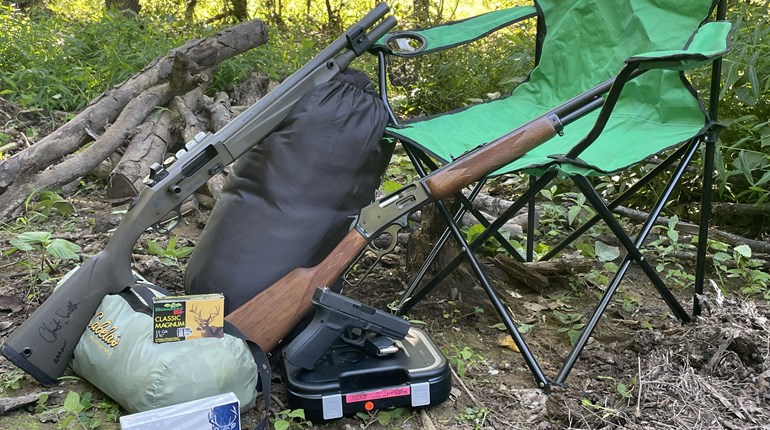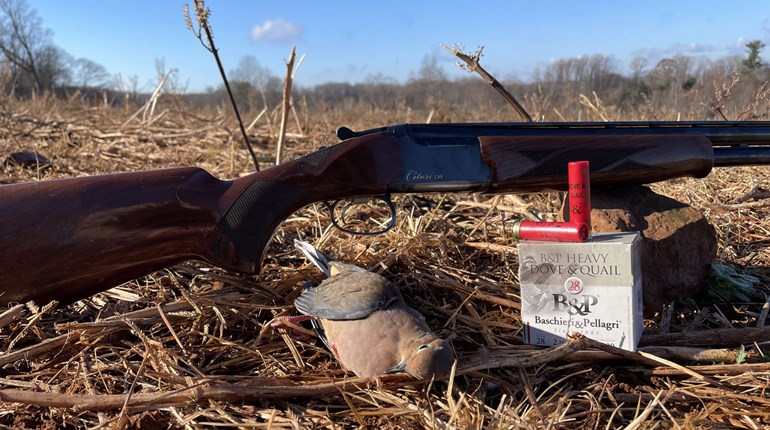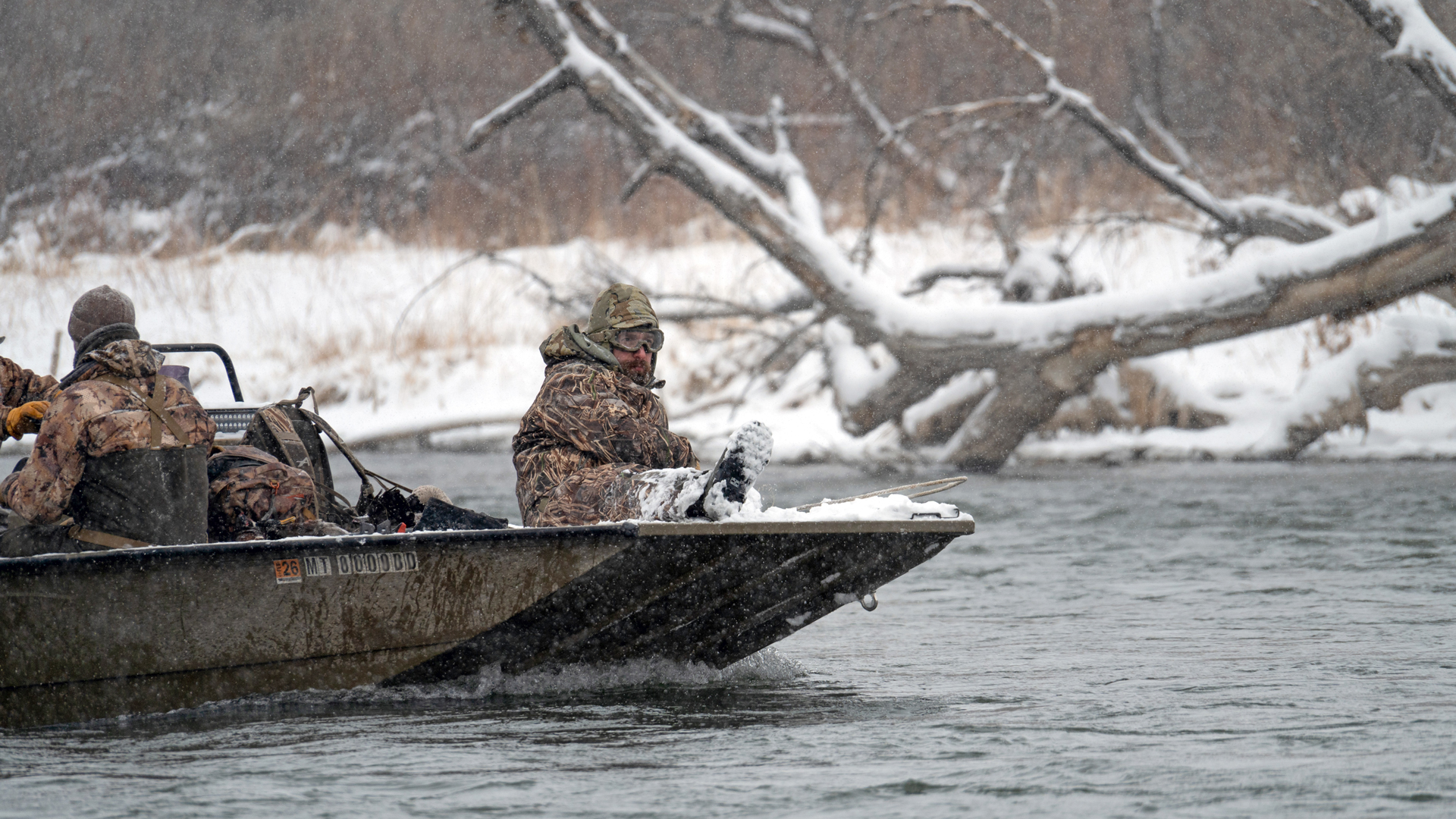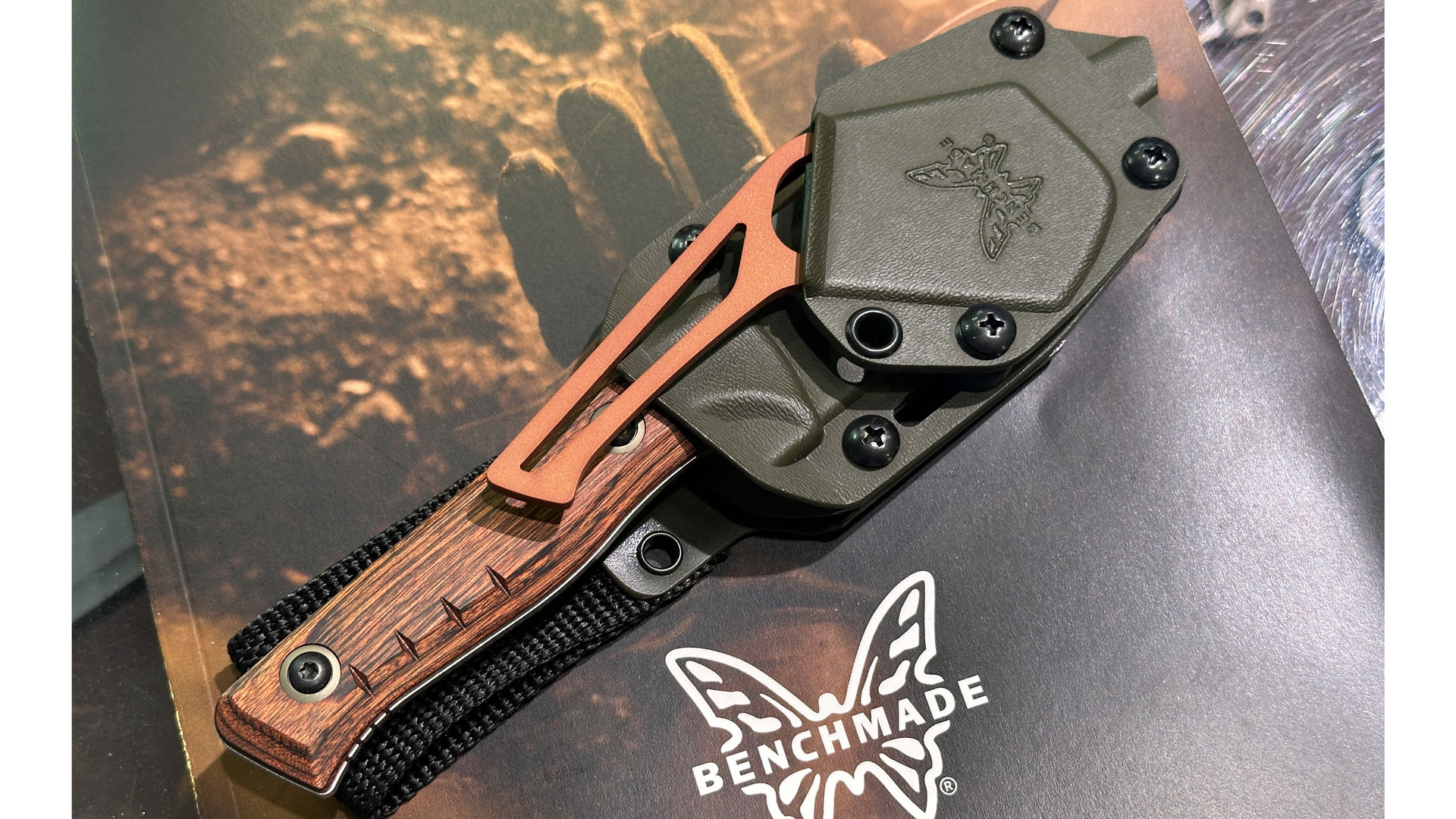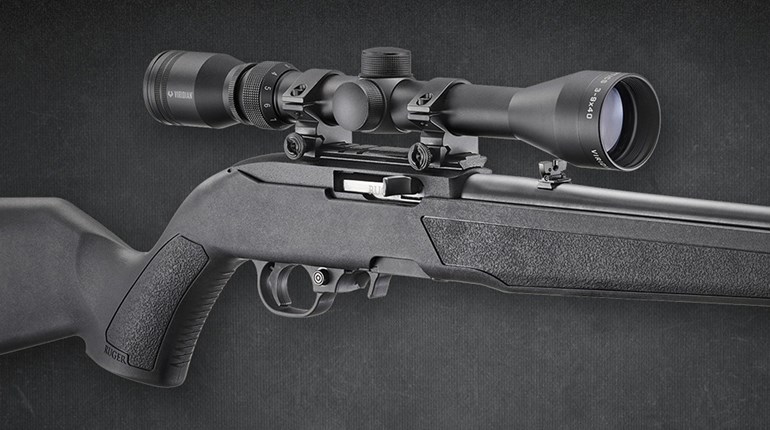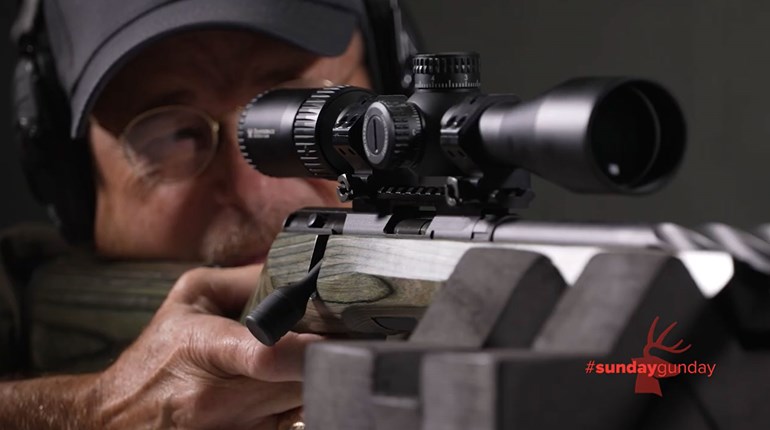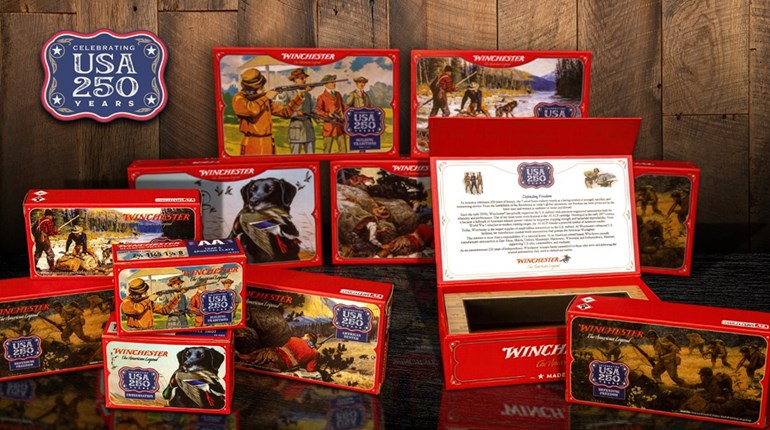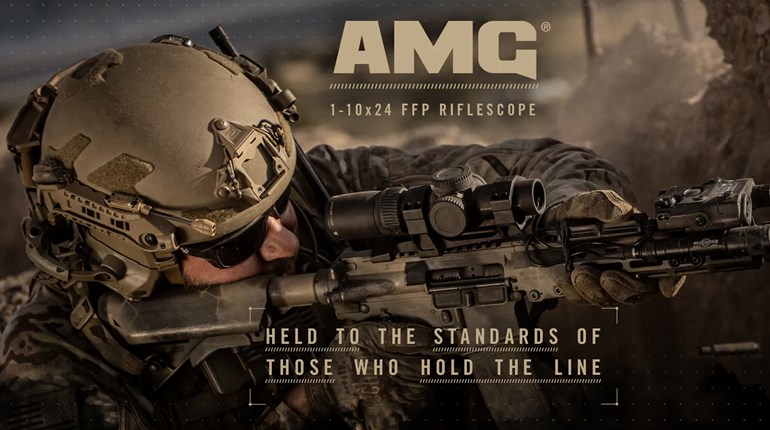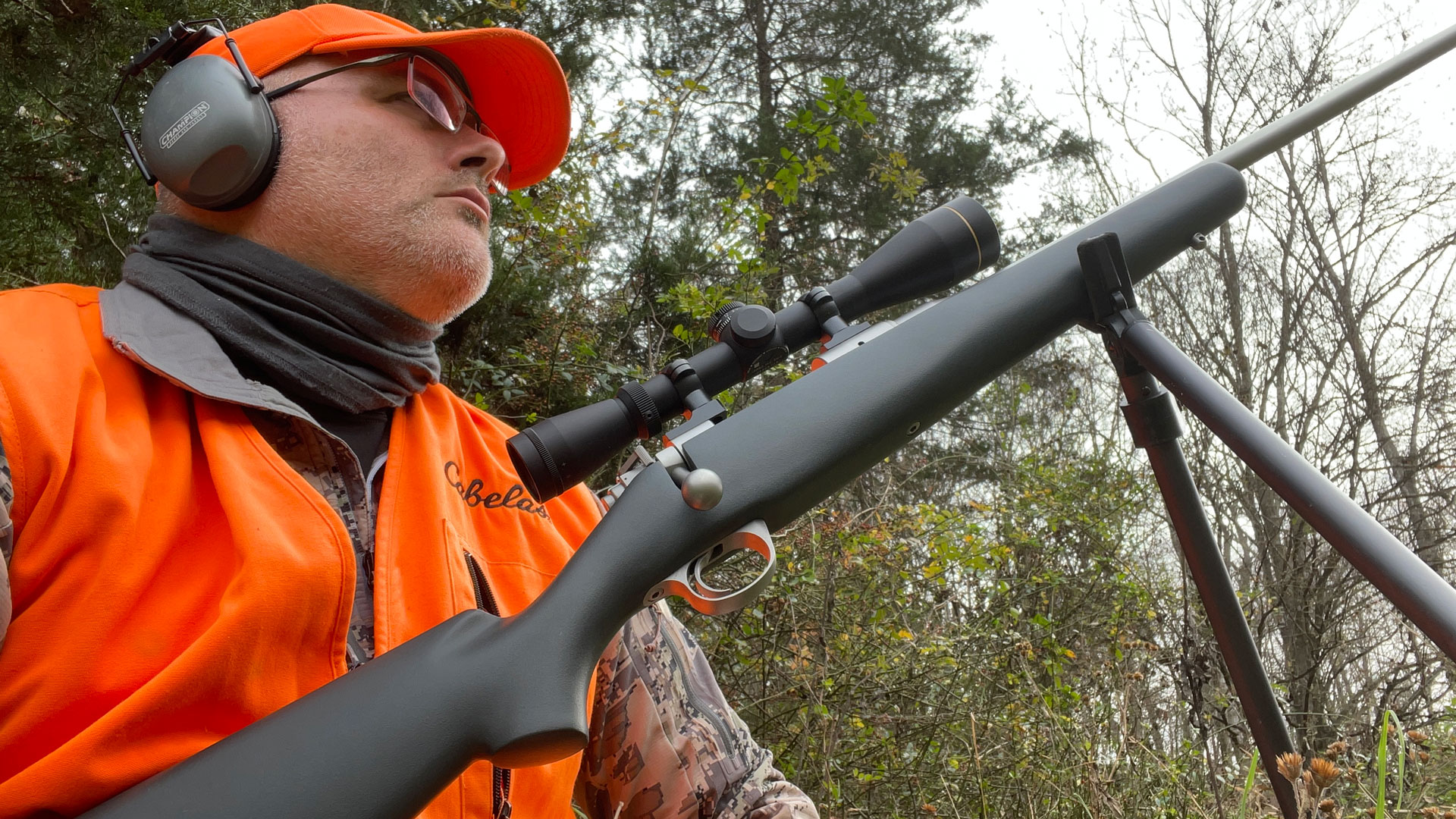
Despite dealing with painful ailments myself, I was frankly oblivious to the true plight of hunters with advanced physical disabilities. Sure, I’d encountered Americans with Disabilities Act (ADA)-compliant, state-owned and private hunting parcels, as well as seen videos and images of sportsmen with disabilities when afield, but until confronted—via a story recounted by a family friend—by the real struggles of our brethren, it didn’t get through to me. That all changed this past spring. During our short conversation about his gobbler hunt, the fog of ignorance lifted. Out of the darkness, all that I had been missing was suddenly illuminated.
While talking with my fellow hunter—who shall remain anonymous—I learned about his past, including the cause of his impairment and how it negatively affected his ability to bag the boisterous tom. After recounting his tale, in which his compromised strength coupled with an incompatible shotgun resulted in a lost opportunity, he asked me for a favor. Can I help find a big-game-capable, bolt-action rifle that he’d be able to use. And so the search began. Simple, right? Wrong. At that point, reality slapped me across the face. Only then did I realize how few options meet the needs of sportsmen like my acquaintance. Hence the reason for this article. Before delving into rifle designs and recommendations, though, I first wanted to share a bit about my friend’s background and his struggles.

The Details
It was an on-the-job injury that led to his limited mobility. Three fractures in the C-5 vertebrae (in the neck) resulted in him becoming a quadriplegic. “By the grace of God I’ve had a miraculous recovery, but [I] still have impairment throughout my whole body,” he explained. He began by talking about his compromised upper body strength, and his hands in particular. “I have learned that the disabilities I have in my hands greatly affect my shooting,” he observed. “My grip strength and dexterity in my left hand, while still limited in some capacities, is much greater than my right hand. Unfortunately, I shoot right handed.” That weakness became apparent when firing a handgun.
“Prior to my injury, I’d shot thousands of rounds through this gun [a Glock .40] and never made it jam, but it jammed on me a few times,” he said. “I believe that my grip strength was quite weak, and while it never was an issue of dropping the gun, it could have resulted in the jams that I experienced [via limp-wristing].”
Completing the trigger pull posed the greatest challenge. “My index finger would pull the trigger; however, it was that last fraction of the pull, where my finger would fall short of the squeeze [that illustrated my diminished strength],” he stated. “I would use some wrist movement to finish the pull, which would throw off my rounds.”
“The wrist movement [on a rifle or shotgun] was even more to complete the full trigger pull,” he reported. While a pistol grip helped, it didn’t resolve the problem. “I feel that a lessened trigger pull poundage and shorter length of pull would help quite a bit,” he added. “Of course being safety minded, I’m not sure to what degree this is possible.”
Firearm weight must be considered, too. “Shooting off a table is one thing but out hunting, a lighter weight gun is much more suitable,” he voiced. “Not only are my arms not as strong as they once were but my torso/core strength is weak.” A tripod-style gun rest and a quality, comfortable seat would help as well.

Narrowing the Search
With the abovementioned criteria in mind, my search began for lightweight—6½ pounds or less—repeating rifles—bolt actions in particular. Price wasn’t a factor. I focused my search on suitable bolt guns due to his interest in them; however, it’s worth noting that semi-automatics, and AR-style rifles in particular, have numerous attributes making them well suited for hunters with reduced power in their upper body. As such, I’ll detail them first.
AR-style rifles are available in a variety of configurations that will meet even the most onerous leftist legislation, and once loaded, can be fired in rapid succession without manipulating a bolt—a boon for someone whose fingers have diminished energy. What’s more, many modern sporting rifles (MSRs) have many, if not most, of the following features: a pistol grip; a collapsible, multi-position buttstock [for reduced length of pull (LOP)]; an easily swapped trigger (and in some cases, a top-notch factory go-switch); diverse sighting options; an easily manipulated safety; and an assortment of big game-getting rounds that are gentle on the shoulder. Included are: 6.5 Grendel; 6.8 SPC; .300 AAC Blackout; 7.62x39 mm; and .350 Legend.
In general, ARs are somewhat heavy, starting at around 6½ pounds. That being said, there are lighter options, including the 4.6-pound, 5.56x45 mm NATO-chambered Battle Arms Development, Inc. BattleArms OIP rifle (if .22-calibers are permitted where you’re hunting). Another option would be to retrofit an existing AR with a carbon-fiber-wrapped steel barrel, such as those from Proof Research. Crown Precision offers an AR-15 with a carbon-fiber-wrapped barrel with a 4.1-pound (starting) weight, termed “The Elite”, but it costs $4,250.
As for bolt-actions, there is the traditional turn-bolt and the straight-pull. The former is generally less expensive and more familiar to most rifleman, but for those individuals with less might the latter could be the better option, as it only requires cycling the bolt forward and rearward. As such, I included one in the following list. Know that in opting for the optimal blend of characteristics to meet my friend’s challenges, I selected the best options available, not necessarily the least costly. Sadly, those options that would benefit shooters with disabilities most are often the priciest. Nonetheless, here are several rifles to consider when reduced strength is the paramount consideration.

Savage Impulse Klym and Model 110 Klym Rifles
As for U.S.-made straight pull rifles, the standout is Savage’s Impulse Klym. To reduce wight, the rifle is fitted with a Proof Research carbon-fiber-wrapped, cut-rifled, stainless steel barrel ending in a 5/8x24 TPI muzzle. An omniport brake reduces perceived recoil. The Klym has a custom, thumbhole carbon-fiber stock from FBT, which cuts the weight to around 6.6 pounds. Rounding out the package is an aluminum receiver with an integral, one-piece, 20-MOA rail and user-adjustable AccuTrigger.

The Model 110 Klym is similar with regards to stock and barrel, but differs in that the gun is built around the time-tested, factory blueprinted Model 110 action. Moreover, it has a lightweight, stainless steel receiver and diamond-fluted bolt with a Blackout Cerkote finish. It tips the scales at less than 6 pounds and is slightly less costly.

Both rifles can be had in standard and magnum chamberings; however, for frailer shooters, 6.5 Creedmoor and .308 Winchester are the best options. The latter can be had with reduced-recoil loads.
Savagearms.com; MSRP: Impulse Klym: $3,309; Model 110 Klym: $2,699

Wilson Combat NULA Model 20 and 20S
Building off Melvin Forbes’ ingenious New Ultra Light Arms (NULA) Model 20 design, Wilson Combat has improved the vaunted lightweight rifle. The fully machined and wire EDM-cut 4140 receiver—coated with Armor-Tuff—is mated to a Wilson Combat 416R stainless barrel that is button rifled, honed and double stress relieved. The trigger is Timney’s excellent, adjustable Elite Hunter. Its barreled action is then set into an AG Composites carbon-fiber stock with reinforced walls and a 13.4-inch LOP. It’s capped with a one-inch Pachmayr Decelerator recoil pad. The result is a rifle that is guaranteed to produce 1-MOA accuracy and yet weighs from 4 pounds., 12 ounces. to 5 pounds., 4 ounces (sans scope), depending on barrel length and chambering. The Model 20 is offered in calibers ranging from .243 Winchester to .358 Winchester. The Model 20S variant has a mini action and is chambered in .223 Wylde, .300 HAM’R, .300 AAC Blackout and .350 Legend.
Wilsoncombat.com; MSRP: $2,995

Kimber Montana
Hunters seeking a rifle similar to the abovementioned model but at a more pocketbook friendly price will find it in the Kimber Montana. A mainstay in the Kimber line, the Montana has a threaded, sporter-contour, match-grade stainless steel barrel and receiver that’s set into a lightweight, reinforced carbon-fiber stock. Pillar bedding ensures it remains snug and consist for shot-to-shot accuracy, while the Pachmayr Decelerator recoil pad aids comfort. According to Kimber, its LOP is 13.63 inches. The satin stainless steel receiver features a bolt with a Mauser claw extractor and three-position Winchester Model 70-type safety. The trigger is adjustable. In 6.5 Creedmoor and .308 Win., the Montana weights 5 pounds, 2 ounces, and it’s slightly more for the other two.
Kimberamerica.com; MSRP: $1,613 (6.5 Creedmoor, .308 Win.); $1,824 (.280 Ack. Imp.); $1,925 (.300 Win. Mag.)

Ruger 77/44
The Ruger 77/44 is neither new nor fancy, but it’s a solid, lightweight rifle with big-game-stopping capability. Chambered in .44 Remington Magnum, which has ammunition available with bullets ranging from 160 to 340 grains, the 5.2-pound gun is perfect for hunting deer, hogs and black bear where shots will be within 100 yards. The brushed stainless steel barreled action is set into a black synthetic stock with a 13.5-inch LOP. The dovetailed sights include a post front and adjustable rear, both of which are dovetailed into the cold hammer-forged barrel. Feeding the rifle is a detachable, four-round-capacity, rotary magazine.
Ruger.com; MSRP: $1,239

Weatherby Backcountry 2.0 Ti
Some companies use “Titanium” or “Ti” to catch consumers’ attention, but upon closer inspection you’ll find that there’s a shortage (or none) of the incredibly light and strong metal. That’s not the case with the Backcountry 2.0 Ti from Weatherby. In an effort to minimize heft, the rifle employs a titanium action mated with a spiral-fluted bolt and aluminum, extended, skeletonized bolt knob. The 54-degree bolt throw speeds cycling and reduces the effort required to lift it. Meanwhile, the barreled action is set into a Peak 44 Blacktooth carbon-fiber stock, the lightest versions of which weigh less than 20 ounces. The stock is capped with a 3D-printed 3DHex recoil pad. Its fluted barrel ends with an Accubrake ST muzzle brake to reduce recoil, while the metalwork is finished with Cerakote. The rifle is fitted with a TriggerTech trigger. The Backcountry 2.0 Ti is available in chamberings ranging from .243 Win. to .338 Weatherby RPM, including many Weatherby cartridges. Depending on chambering, the rifle weighs 4.7 pounds to 5.6 pounds.
Weatherby.com; MSRP: $3,449-$3,599
The rifles mentioned above aren’t the only lightweight options available, and there are likely are ones that have attributes that could better fit my friend or someone like him. It wasn’t meant to be an all-inclusive listing, but rather a survey of a few options. Other companies with similar products include: Christensen Arms; Fierce Firearms; Bergara; and Proof Research, to name a few.
In reading this article, it’s my hope that you become more appreciative of the hand you’ve been dealt. I know I have, as the discussions and research necessary to complete it taught me how fortunate I am. But, it also revealed the relative lack of proper rifles for those who are faced with limited upper body strength. It’s my desire that manufacturers will come to realize this shortcoming, and they’ll address it in affordable platforms. Until that time, those mentioned in this article—and similar models—will keep our physically challenged brethren in the field.












